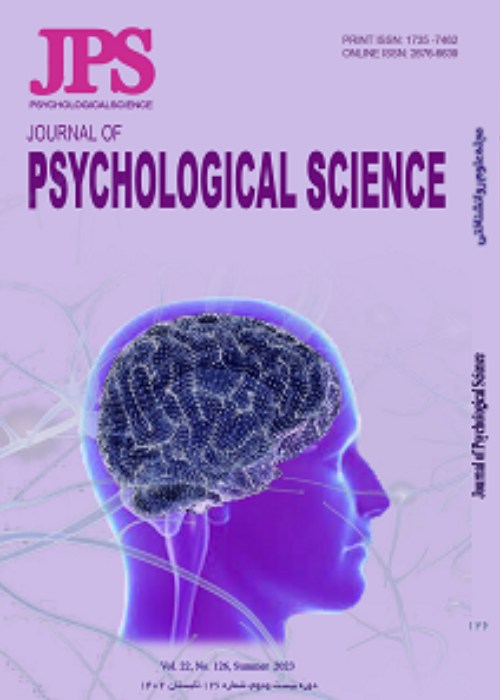Comparison of the efficacy of acceptance and commitment-based therapy and schema therapy on self-efficacy and craving for change in addicts
Studies have shown that low self-efficacy and poor beliefs in abilities in stressful situations are two causes of substance abuse and relapse of addictive behaviors.
This study aims to compare the effectiveness of acceptance and commitment therapy and schema therapy on self-efficacy and Craving for Change in Addicts.
The present study was a quasi-experimental study with a pretest-posttest design with a control group and a 2-month follow-up period. The target group of this study includs all male addicts who are involved in the material 16 of Gilan province, 45 people It was estimated and selected by convenience sampling method and randomly assigned to experimental and control groups. Group intervention based on acceptance and commitment therapy (Peterson, Eifert, Feingold & Davidson, 2012) and schema therapy (Young, Klosko & Weishaar, 2003) were performed in 8 1-hour sessions in the experimental group. The research instruments included Scherer and Maddox (1982) self-efficacy questionnaires and Miller and Tunigan (1996) Readiness for Change and Enthusiasm Questionnaire. Data analysis was performed using mixed analysis of variance.
The results showed that acceptance and commitment therapy and schema therapy had a highly significant effect on increasing self-efficacy with two-month follow-up (P <0.001). Also, acceptance and commitment therapy and schema therapy on the Craving to change with Two-month follow-up (P <0.001) had a highly significant effect, but there was no significant difference between the effectiveness of acceptance and commitment-based therapy and schema therapy on self-efficacy and craving for change in patients undergoing treatment.
Acceptance and commitment therapy, and schema therapy increased self-efficacy and the craving for change in addicts, and were able to move forward the addicted individuals from the stage of determination and readiness to the stage of action and retention.
- حق عضویت دریافتی صرف حمایت از نشریات عضو و نگهداری، تکمیل و توسعه مگیران میشود.
- پرداخت حق اشتراک و دانلود مقالات اجازه بازنشر آن در سایر رسانههای چاپی و دیجیتال را به کاربر نمیدهد.


